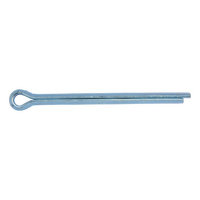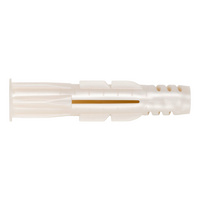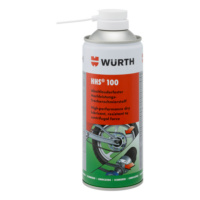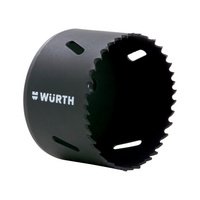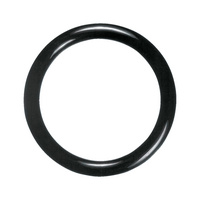Multi-use bimetal bandsaw blade One blade for any job
Multi-use bi-metal bandsaw blade
BASAWBLDE-MET-M-1440X13X0,6
ZEBRA
Prices for customers after login
Show availability in Würth trade store
In order to check the stock in a Würth branch, please log in.
If you have any questions, please call our service hotline at 0800116633.
You are not yet a Würth customer or do not yet have access data to the Online Shop? Then register now in just a few steps. After a successful check of the entered data, you will have immediate access to the stock inquiry as well as all prices and can immediately order.

Exclusively for trade customers
Register now and access more than 6,000 products
Bi-metal (carrier made of spring steel, teeth made of cobalt steel M42)
New unique, patented tooth shape made from M42 bi-metal (WO 02/42029 A1)
- Easy band selection, as just three tooth types cover a wide variety of applications and material thicknesses.
- Cost saving thanks to minimal setup and auxiliary process times
- Very versatile, can be used for applications such as solid materials, pipes, profiles, bundles and contours
- Trouble-free sawing of a wide range of materials, including construction steels, stainless steels, tool steels, cast metals, non-ferrous metals (aluminium, copper and brass) and even plastic.
Strengthened tooth backs
- 2–3 x longer service life than conventional band saw blades
- Cost saving thanks to minimal setup and auxiliary process times
Notice
The M42 tooth tips are highly heat resistant and very powerful, regardless of the coolant used.
The ZEBRA multi-use bandsaw blade is an aggressive tool and has a high penetration capacity; for this reason, the user must observe the following points:
- Tension the saw blade well to prevent oscillation at the teeth.
- Carefully guide the saw blade to the material to be cut.
- Apply moderate pressure (approx. 30–40% less than conventional saw blades), especially when cutting profiles.
Product information
Datasheets(X)
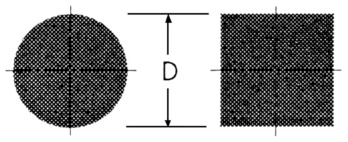 | |
Length x height x thickness | 1440 x 13 x 0.6 mm |
Teeth type | M |
| Areas of application | |||||||||||
| Saw blade type | Teeth type | Material thickness in mm | |||||||||
| 1 | 2 | 3 | 5 | 20 | 30 | 50 | 75 | 100 | 150 | ||
| 13 x 0.6 | S | • | •• | ••• | ••• | • | |||||
| 13 x 0.6 | M | • | •• | ••• | •• | • | |||||
| 13 x 0.6 | L | • | •• | ••• | •• | • | |||||
| 27 x 0.9 | M | • | •• | ••• | ••• | ••• | •• | • | |||
| 27 x 0.9 | L | • | ••• | ••• | ••• | ••• | •• | • | |||
| 34 x 1.1 | M | •• | ••• | ••• | ••• | •• | • | ||||
| 34 x 1.1 | L | • | •• | •• | ••• | ••• | ••• | ||||
| ••• = specially suitable, •• = suitable, • = limited suitability | |||||||||||
| Conversion aid for band saw blades | ||
| The all-rounder | ||
| Multi-area saw bands for use with frequently changing materials | ||
| Height x thickness (in mm) | TPI (teeth per inch) | Teeth type |
| 13 x 0.6 13 x 0.9 | 5/8 | L |
| 6/10 | L/M | |
| 8/12 | M | |
| 10/14 | S | |
| 20 x 0.9 | 4/6 | L |
| 5/8 | L/M | |
| 6/10 | M | |
| 8/12 | S | |
| 10/14 | S | |
| 27 x 0.9 | 2/3 | L |
| 3/4 | L | |
| 4/6 | L/M | |
| 5/8 | M | |
| 6/10 | M | |
| 8/12 | S | |
| 10/14 | S | |
| 34 x 1.1 | 2/3 | L |
| 3/4 | L | |
| 4/6 | L/M | |
| 5/8 | M | |
| 6/10 | M | |
| 8/12 | S | |















